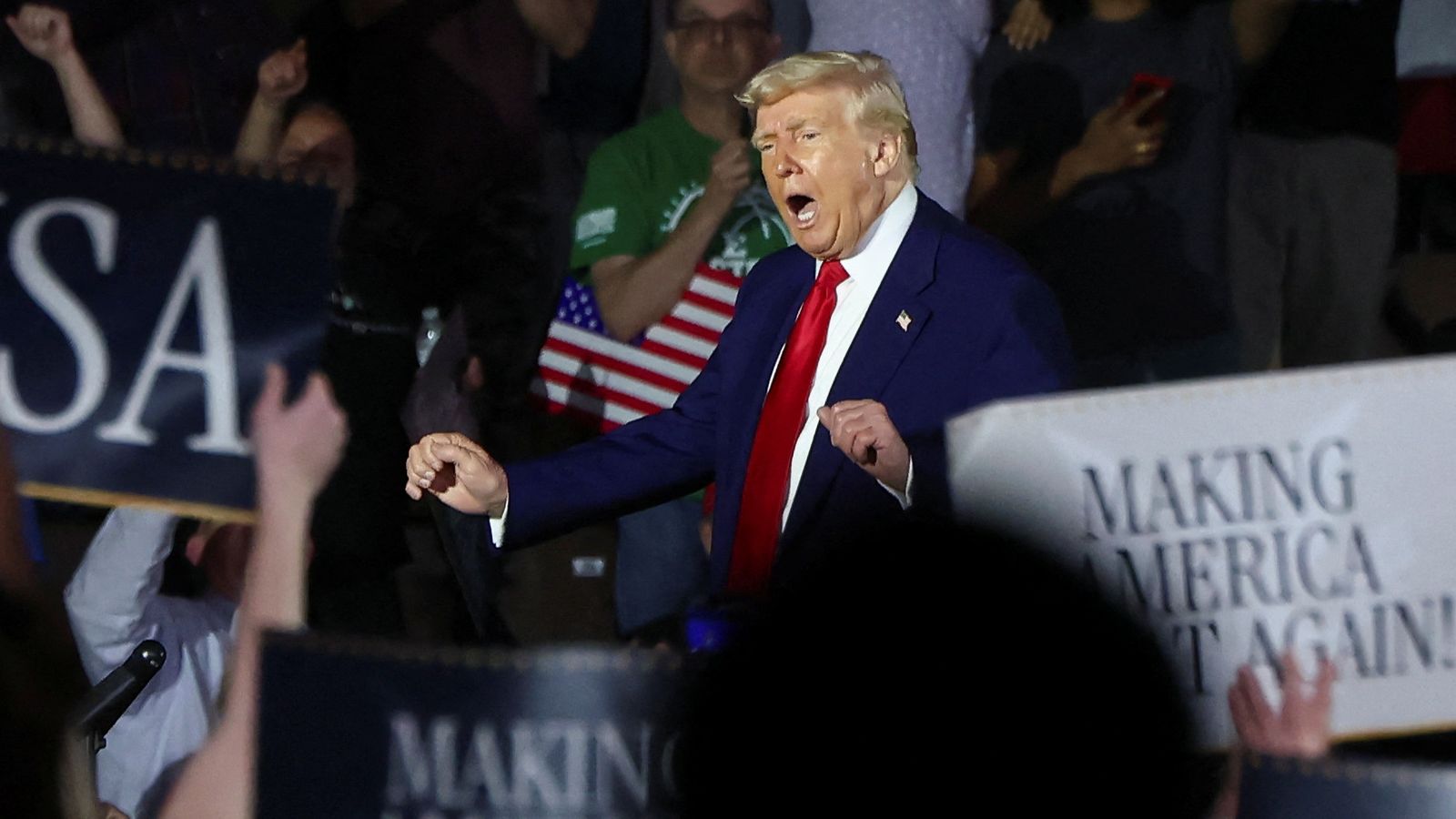Will it take a major emergency to spur the UK into taking its defences seriously again?
With a war in Europe and Russian hostility towards the UK and its NATO allies, as well as with an ever-more assertive China and conflict in the Middle East, the world is more dangerous than at any time since the height of the Cold War.

Acting tough but carrying an increasingly small stick has been a hallmark of UK defence policy since the end of the Cold War.
But with global threats on the rise, rebuilding Britain's military strength to match its ambition is surely vital to avoid the risk of becoming a liability.
John Healey, the new defence secretary, understands the problem well. He studied it for four years when in the shadow ministerial role and is now charged with overseeing a major review that aims to restore the UK armed forces as a potent and credible fighting force.
Yet without a significant uplift in cash and unless he is able to implement a genuine reform of how the UK buys weapons - to vastly improve value for money - he will simply be tinkering with a diminished and demoralised army, Royal Navy and Royal Air Force.
The fact the financial situation is so dire that military chiefs have agreed to ditch five warships, dozens of helicopters and a fleet of drones will be ringing alarm bells in the capitals of the UK's NATO allies and will be met with glee by foes such as Vladimir Putin.
Russia's war in Ukraine has demonstrated that even old kit is better than no kit.
But it costs money to mothball warships and aircraft.
Clearly funds are in such short supply, the Ministry of Defence has decided disposing of still-useable military equipment is the least worst option.
Crucially, though, the challenge for UK defence is absolutely not just about money.
It is about a state of mind.
Defence insiders believe a fundamental reordering of UK national priorities needs to happen that genuinely places defence and security at the heart of government policy in a meaningful way rather than as an empty soundbite.
This requires an effort to help the public - and government ministers - to understand that the defence of the realm and deterring existential threats from foreign powers is something that is achieved by the entire nation, not by the military alone.
This is something the UK and its citizens used to understand profoundly during the Cold War years that followed the end of the Second World War.
It has just been allowed to be forgotten as the threat of World War Three temporarily faded and peacetime priorities such as economic growth, education and health took centre stage.
But with a war in Europe and Russian hostility towards the UK and its NATO allies, as well as with an ever-more assertive China and conflict in the Middle East, the world is more dangerous than at any time since the height of the Cold War.
Mr Putin has put his country on a war footing, while NATO allies that share a border with Russia also have citizens who are engaged in all-of-nation defences.
There is a realisation in Whitehall that a similar shift must happen in the UK as well.
The big question though is whether this occurs in time to deter a crisis or whether it will take some kind of major emergency to spur the country into taking its defences seriously again.
-SKY NEWS







